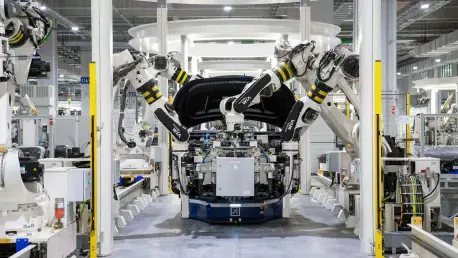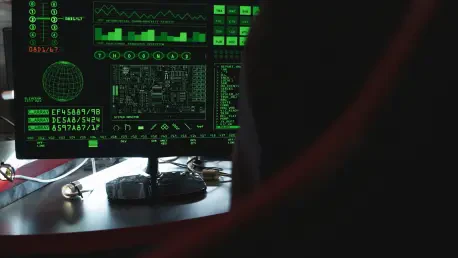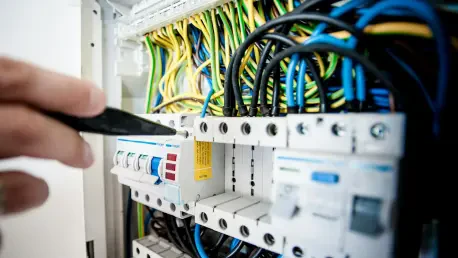
In an era marked by rapid technological advancements and interconnected systems, the security of cyber-physical systems (CPS) stands as a critical concern for industries such as manufacturing, energy, and infrastructure, which rely heavily on these technologies. These systems, which integrate

I'm thrilled to sit down with Kwame Zaire, a renowned expert in manufacturing with a deep focus on electronics, equipment, and production management. Kwame is also a thought leader in predictive maintenance, quality, and safety. Today, we’re pivoting to a different but equally critical

The robotics industry is undergoing a profound transformation, with the Robot Operating System (ROS) emerging as a pivotal force in driving automation across multiple sectors globally. As industries grapple with the need for greater efficiency and adaptability in an increasingly competitive

In an era marked by fluctuating markets and geopolitical tensions, organizations face an escalating challenge in securing cyber-physical systems (CPS), which integrate digital and physical processes in critical sectors like industrial control and healthcare. These systems, often overlooked by

In an era where manufacturing is being redefined by digital innovation, two German industrial giants, Siemens and TRUMPF, have joined forces to push the boundaries of what smart factories can achieve. Their groundbreaking partnership addresses one of the most persistent challenges in the industry:

The rapid evolution of technology has brought forth innovative solutions that are reshaping how small and medium-sized enterprises (SMEs) manage equipment maintenance, with the Internet of Things (IoT) leading the charge in this transformation. For many SMEs, especially in sectors like